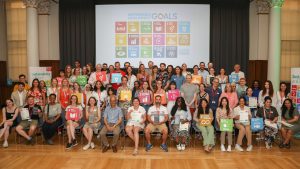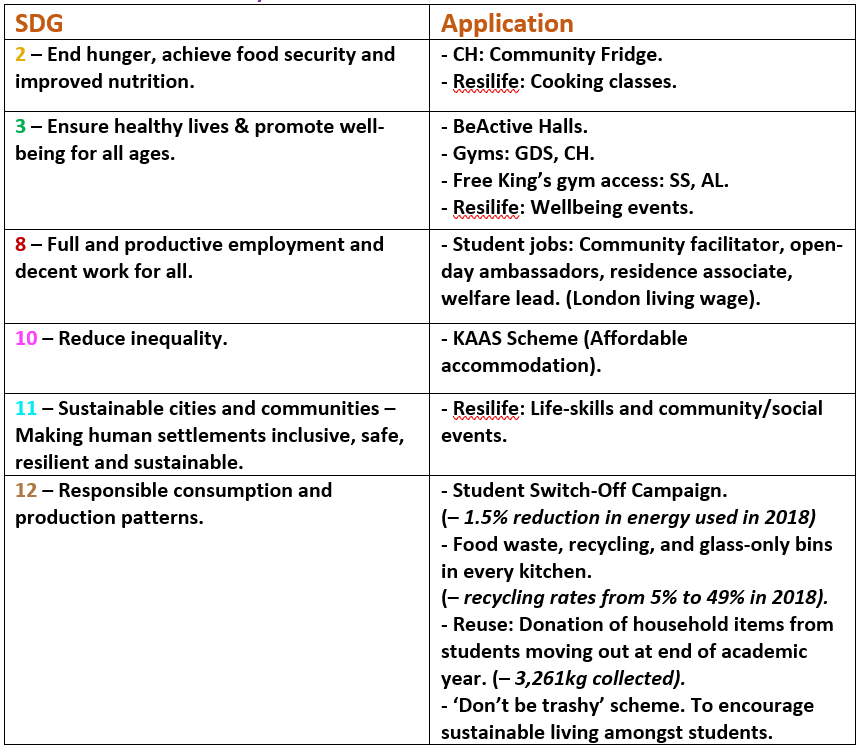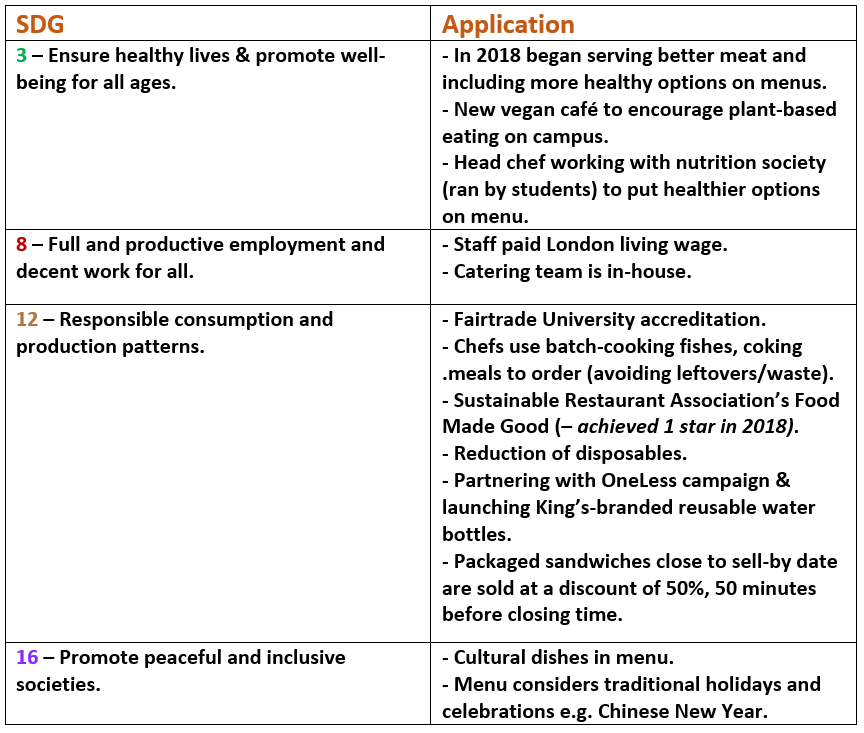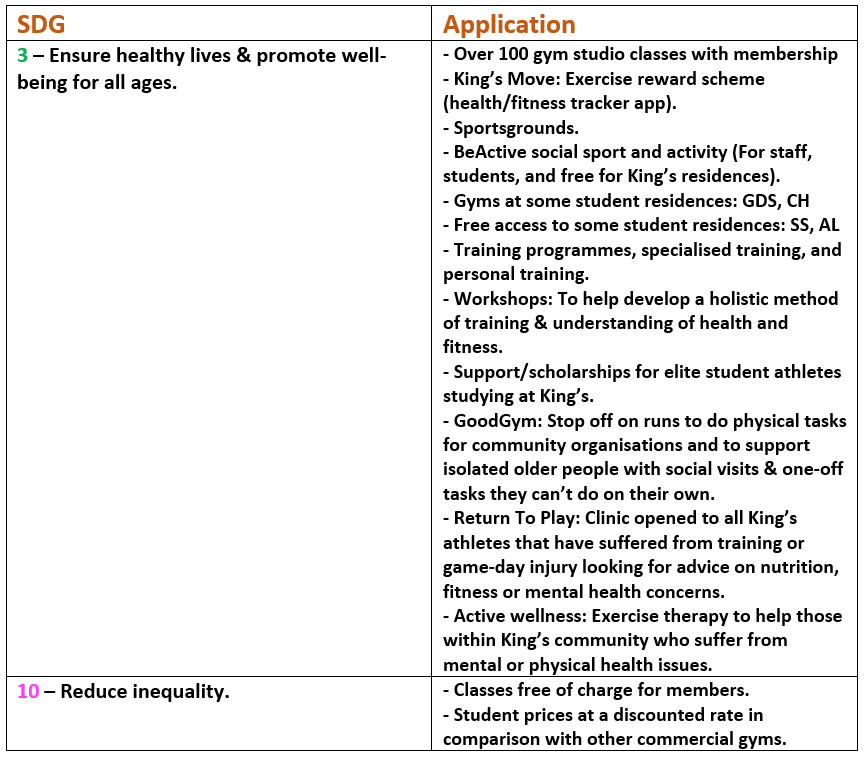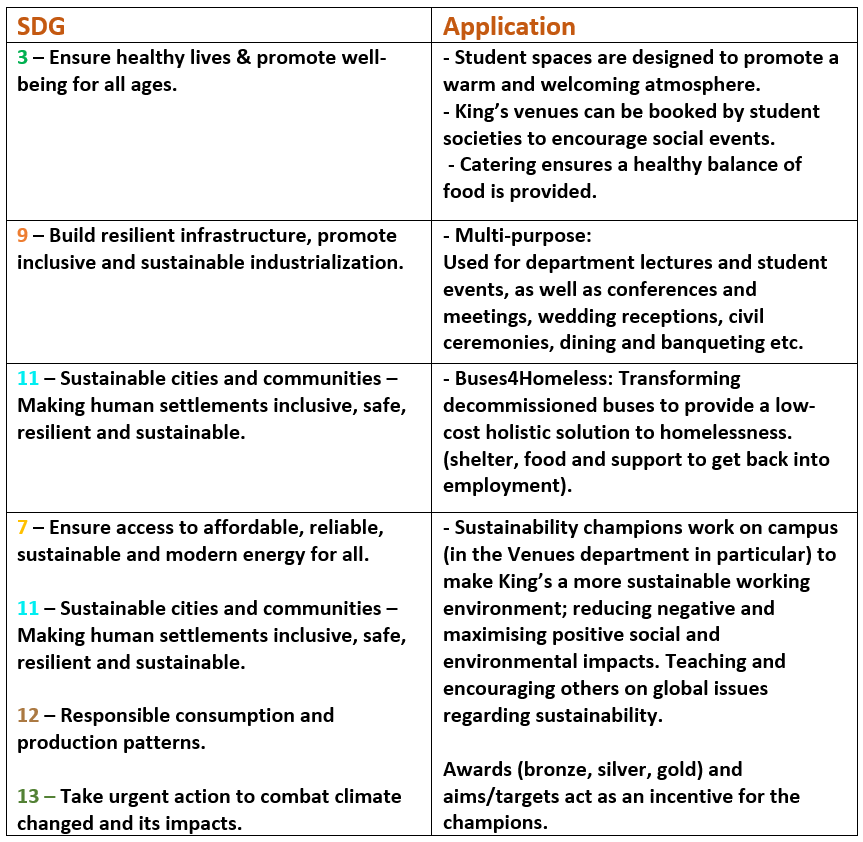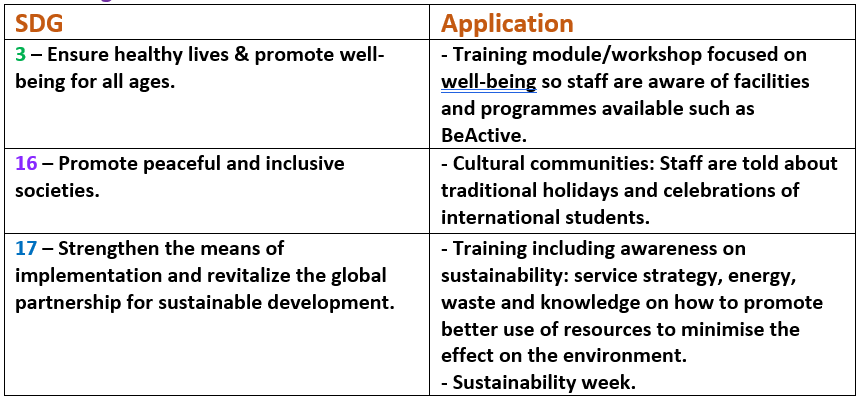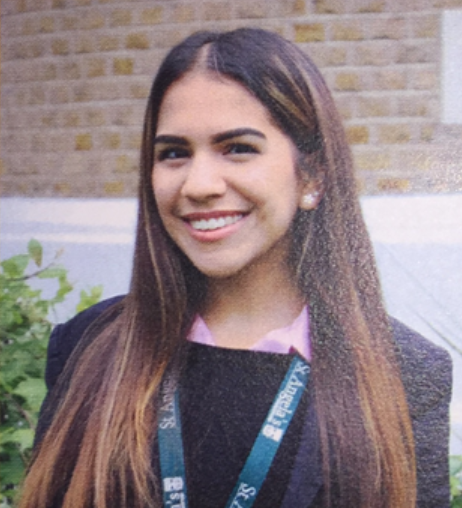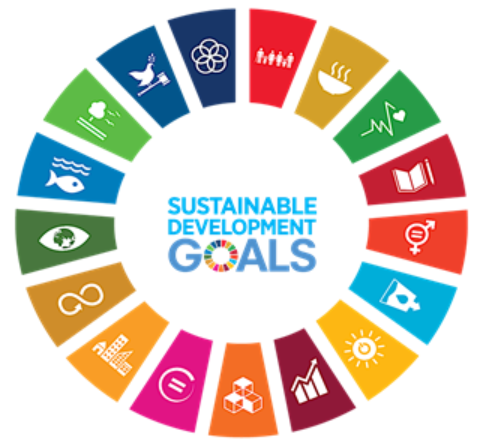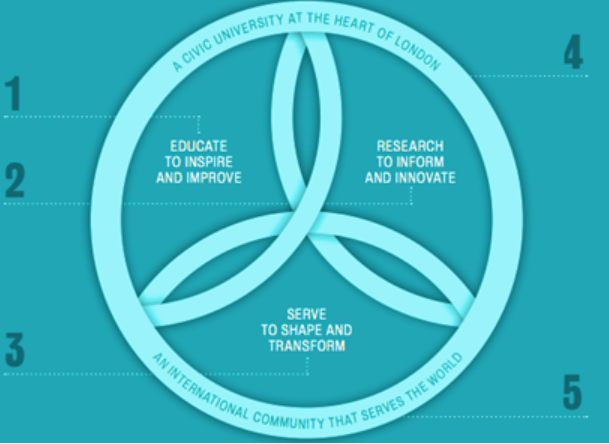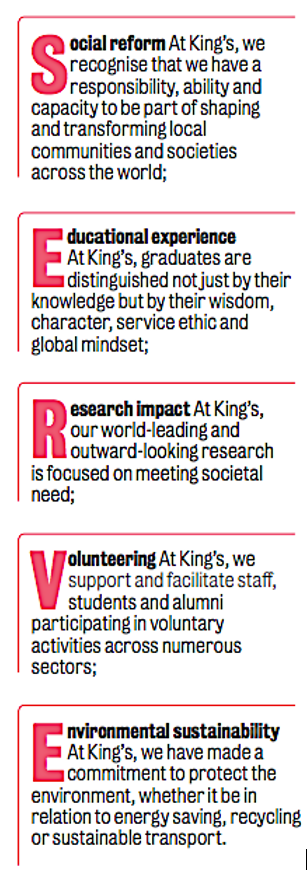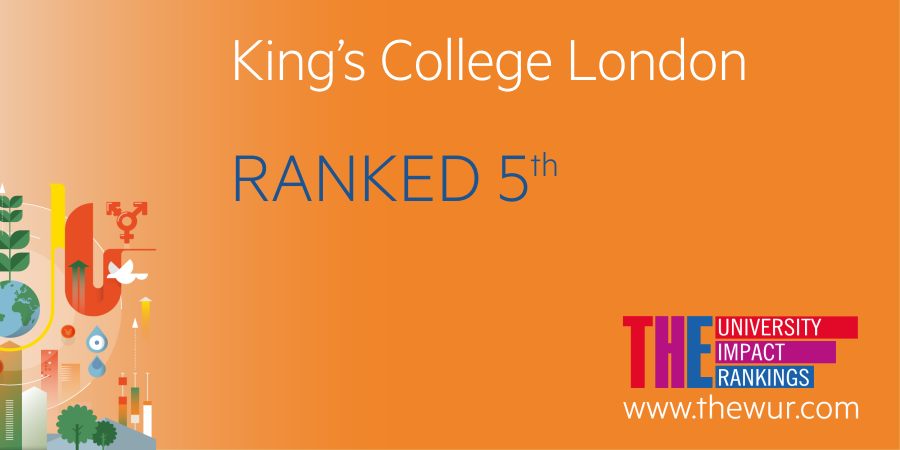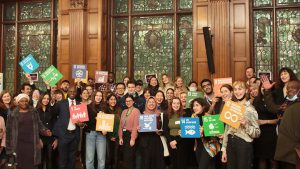 Are you interested in all things sustainable and making a positive impact whilst at King’s? The Sustainability team have a range of volunteering opportunities, events, and other ways to learn more about climate and sustainability.
Are you interested in all things sustainable and making a positive impact whilst at King’s? The Sustainability team have a range of volunteering opportunities, events, and other ways to learn more about climate and sustainability.
Enrol on the KEATS Sustainability & Climate module, volunteer in the Climate Action Network or Sustainability Champions programme, join a committee to make your residence more sustainable, or attend one of the many events throughout the year. Find out more and pick your project below!
KEATS Sustainability Module, Seminar Series, and Take Action Team
The online module on Sustainability & Climate is an open-access and interdisciplinary module covering the biggest topics in sustainability from climate change and food to sustainable finance and social justice. It has been fully co-created by a Take Action Team which currently includes about 50 students, staff, and alumni members. It has been complemented by a Sustainability Seminar Series and other events to build a sense of community and support participants in developing transferable skills. The module and seminar series are relaunching in October 2022. Register here.
King’s Climate Action Network
The King’s Climate Action Network (CAN) is an open, interdisciplinary forum bringing together people from the King’s community who are passionate about climate action. It was created in October 2020 to co-create the university’s approach to climate action and now has more than 300 members. It focuses on solutions to reduce our carbon emissions while maximising our positive impact on climate action, through 7 themes: Zero Carbon Estate, Procurement and Waste, Travel, Responsible Investment, Students & Education, Community & Engagement, and Zero Carbon Research. Join the King’s CAN.
One of the current CAN projects is the climate listening campaign in our local communities which aims to hear first-hand about the climate and sustainability challenges they face and to identify how King’s students and staff can work with them. Get involved.
Sustainability Champions
The university’s Sustainability Champions are staff who work on campus and in our residences to make King’s a more sustainable working environment; reducing the negative and maximising the positive social and environmental impacts. Throughout the year, Sustainability Champions work on implementing projects and actions and working toward gaining a Bronze, Silver or Gold Award. Find out more.
Sustainability Month
King’s Sustainability Month takes place every year in February. This month is a collaboration between King’s and KCLSU that offers all those involved an opportunity to learn more about sustainability topics, collaborate and connect with others from across King’s and #TakeAction on the climate crisis. The month includes exciting events organised by people from across the King’s community focused on one or more of the Sustainable Development Goals (SDGs). Check out Sustainability Month 2022.
King’s Community Garden
Did you know King’s has a Community Garden on campus? Email kingscommunitygarden@kcl.ac.uk if you would like to contribute to this garden or get more information. Check out how to find King’s Wolfson Card Courtyard Community Garden here.
Podcast
The King’s Spotlight on Sustainability podcast aims to draw attention to sustainability at King’s and beyond. The goal is to get you thinking about some of the issues and challenges we face regarding climate change and the natural world by highlighting some of the excellent work surrounding sustainability happening at King’s and on a local, national and global level. Start listening here.
Sustainable Residences
Students living in King’s Residences can participate in the Sustainable Living Community buddy scheme and join the Sustainable Living Communities Facebook group.
If you want to set up your own sustainability project with friends, a society, or individually, you can also get in touch with the team for support. Any ideas, feedback, things to promote, are always welcome: sustainability@kcl.ac.uk.
All of those who make a significant contribution to sustainability at King’s will be recognised through the Sustainability Awards and/or the King’s Experience Champion for Change Awards.
Expand your positive impact to local communities by signing up to volunteer with King’s Volunteering.

